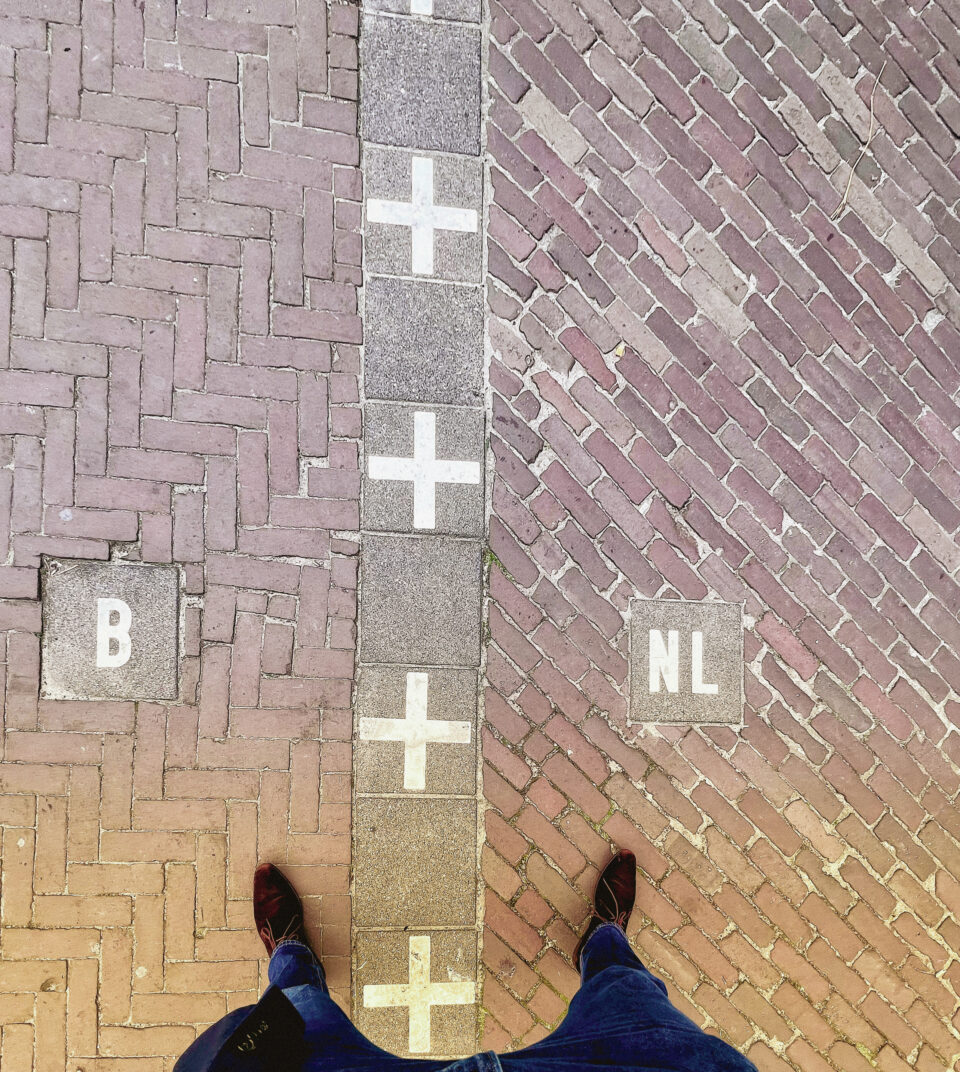Dutch democracy is under strain after the right-wing government’s inflammatory response to the recent violence in Amsterdam
The recent attacks on Israeli football supporters in Amsterdam have not only shocked the world but revealed the true face of Dutch prime minister Dick Schoof’s populist government. What began as appalling street-level violence has morphed into an absurdist piece of political theatre in which, rather than seeking to calm tensions, the government has attempted to fight racism with more racism. This inflammatory response has thrown Dutch politics into disarray and brought the fragile ruling coalition close to collapse.
Schoof has framed the clashes as evidence of the failed integration of those with Moroccan heritage in Dutch society, steering public discourse towards his anti-immigration agenda. Many politicians aimed their arrows at people with dual citizenship, lumping a group of about 1.3 million people with the 60 or so who were arrested for violence. A subsequent cabinet meeting became so toxic that Nora Achahbar, a junior minister of Moroccan heritage, resigned from the government. Schoof’s implausible denial of racism during a press conference following her departure rang hollow, while Geert Wilders, the far-right leader who is the real power behind the throne, has called for the resignation of Amsterdam’s mayor, Femke Halsema, whose response to the attacks has been constructive rather than combative.
This cabinet, led by a prime minister with limited political experience and no party affiliation, has revealed itself to be unworkable. Problems caused by its amateurism and internal divisions have been exacerbated by Wilders, who has no official position, and his extremist rhetoric, which has repeatedly risen to the surface in the past few months. As this style of politics gains traction, the Netherlands teeters on the edge of a precipice. The question is no longer whether Schoof’s government can survive – I give it a few months – but whether Dutch democracy can withstand the corrosive forces that are now pulling it apart.
Stefan de Vries is a journalist and regular Monocle contributor based in Amsterdam. For more opinion, analysis and insight, subscribe to Monocle today.






